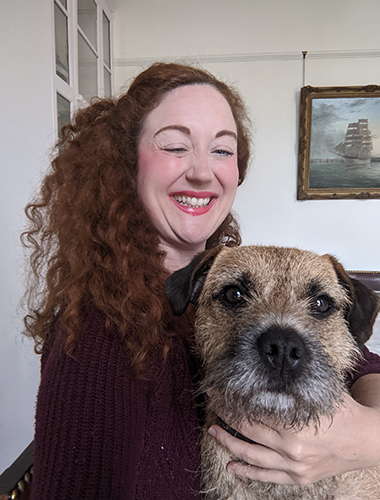Dr Becky Alexis-Martin
Lecturer
Education

Dr Becky Alexis-Martin is an academic, journalist, and photographer. Her work explores the histories, lives and wellbeing of those communities affected by nuclear weapons, with a focus upon the wellbeing of women and indigenous communities. Among other topics, she has written on the social consequences of thyroidectomies to female Chernobyl liquidators, the experiences of reconstructive facial surgery among female Hiroshima bombing survivors, and the health experiences and challenges of the daughters of British nuclear test veterans and Kiritimati islander communities.
She is the author of Disarming Doomsday: The Human Impact of Nuclear Weapons Since Hiroshima, which won the L H M Ling Outstanding First Book Prize and was shortlisted for the Bread and Roses Award. She is an activist for the human rights of contemporary nuclear-affected communities, and an education patron for the Campaign for Nuclear Disarmament.
Becky lives with several very rare hereditary health conditions including Ehlers-Danlos Syndrome and Carvajal Syndrome. In the last few years she has survived and completely recovered from a stroke and has successfully undergone multiple life-saving heart surgeries. She talks and writes about the experience of living with her conditions and having a subcutaneous internal defibrillator (S-ICD) on social media to help non-disabled people understand the complexities of living with multiple hidden disabilities, and to support other young people with hereditary heart, joint, and mobility conditions.
www.nucleargeography.com
“As an academic, it is my honour and privilege to share the health experiences of people who have been affected by nuclear weapons. I feel as though my own lived experience of disability and rare genetic disease means that I can offer great empathy, kinship and understanding to the communities that I work with. I share my day-to-day life on Twitter to empower others with disabilities and to demonstrate that when appropriate support is provided then disabled people can be unstoppable!”
